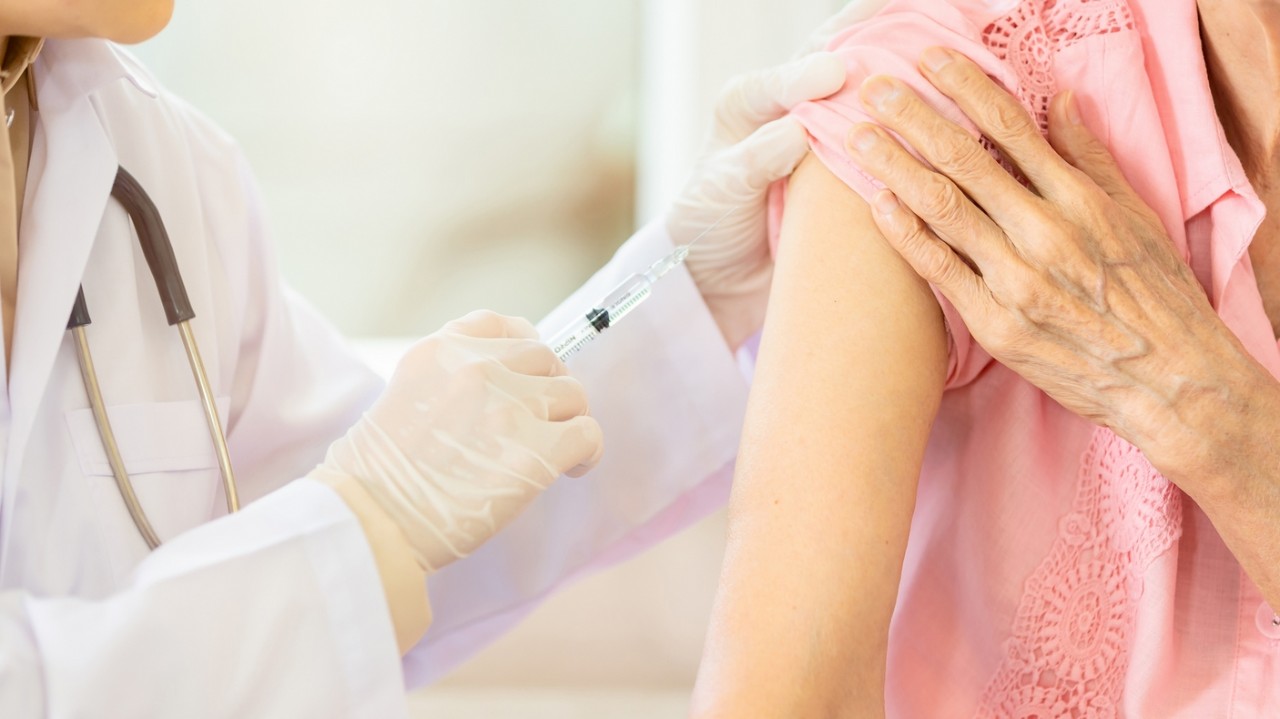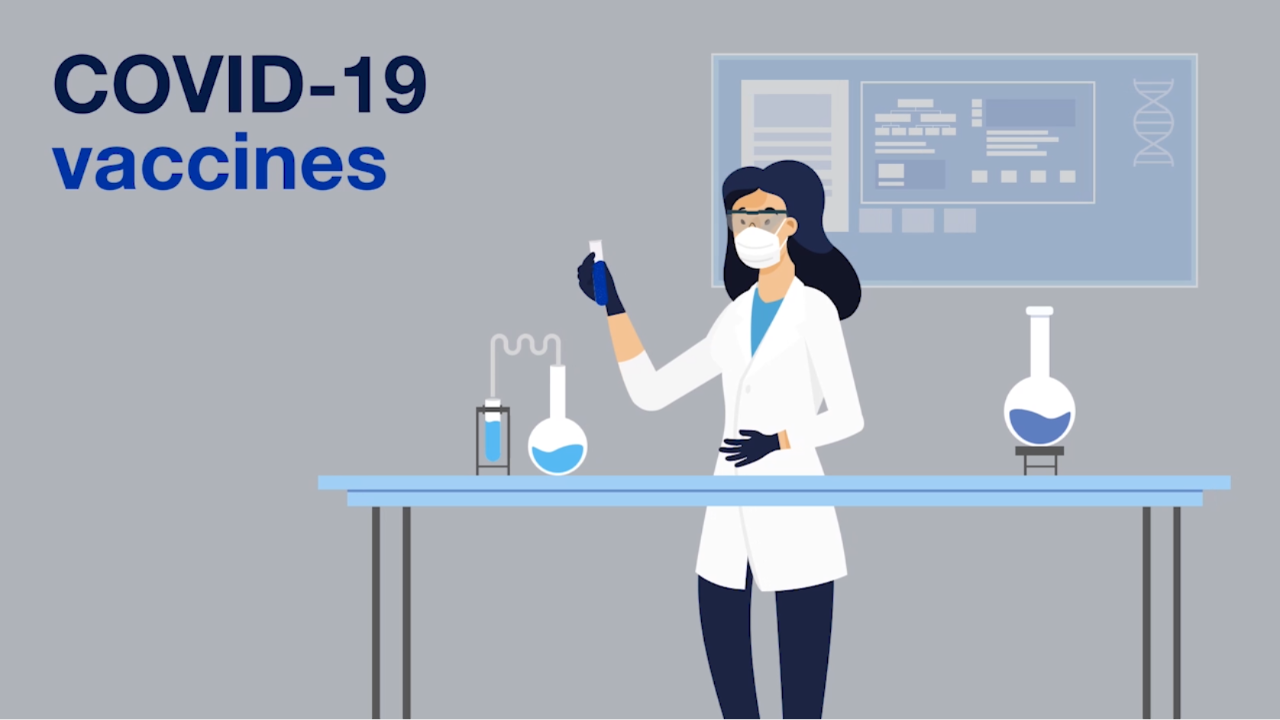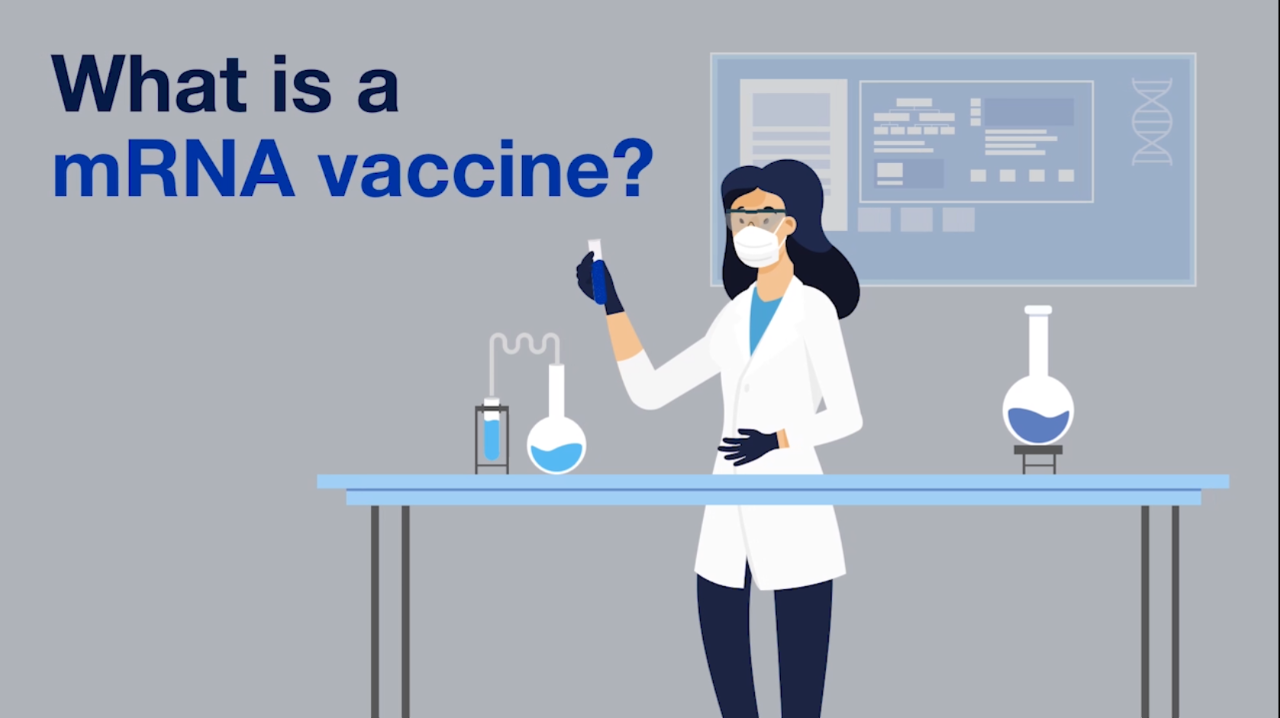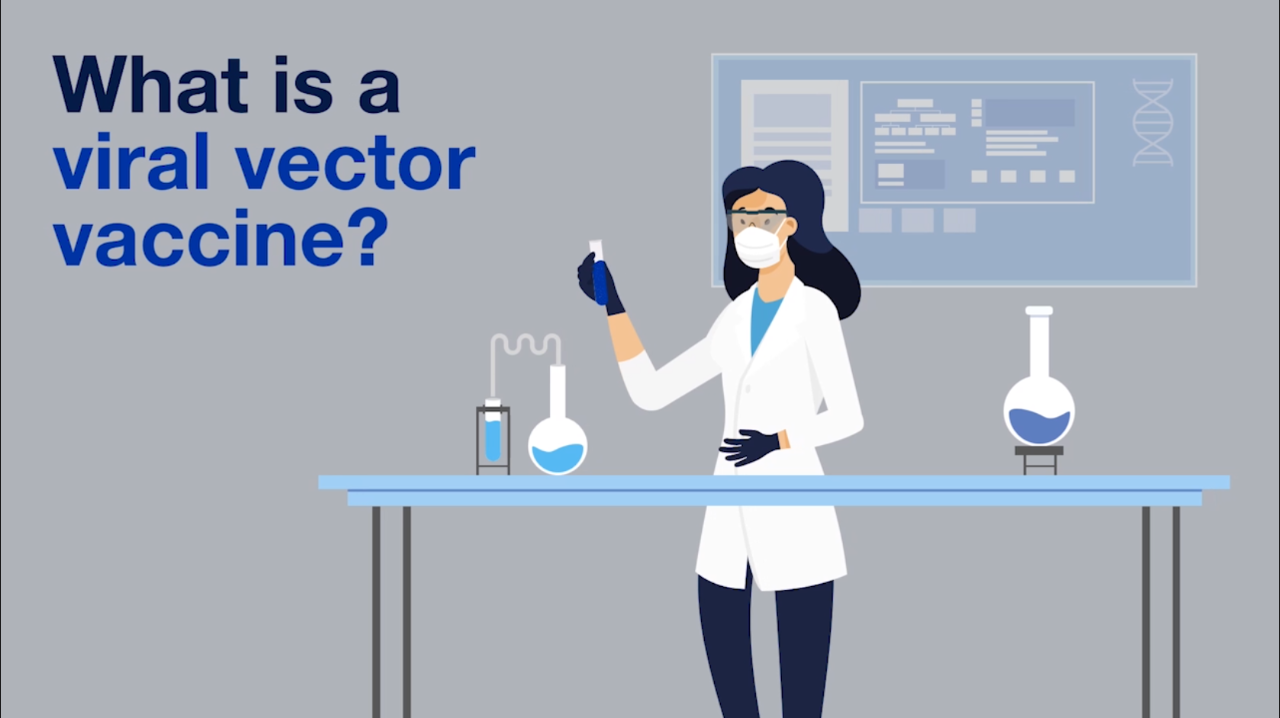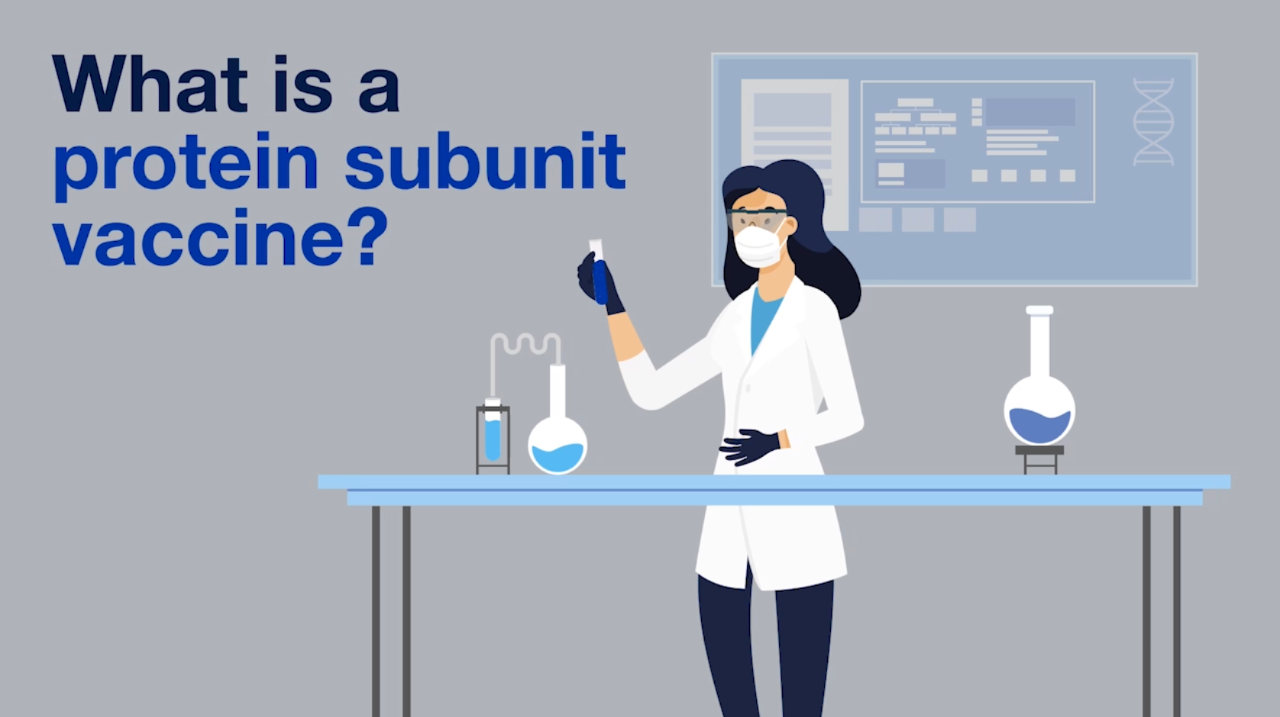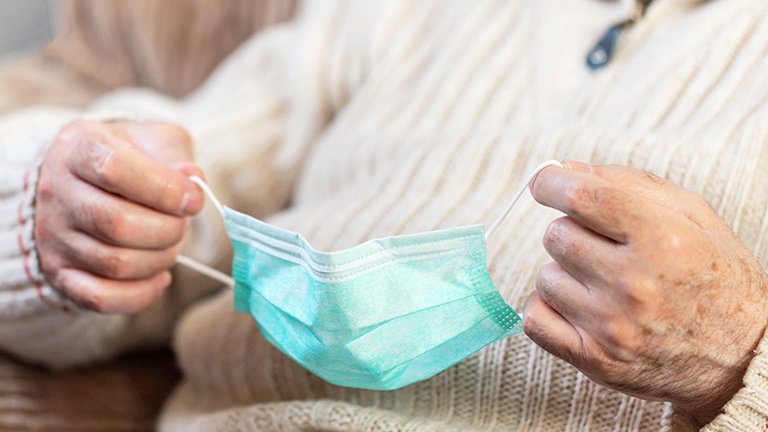Information on Coronavirus (COVID-19) for Fresenius Medical Care patients
Vaccine against COVID-19
Vaccination FAQs
Currently, there is not enough evidence on the length of immunity. Experts need to gather more evidence over time about the protection provided by the vaccination to estimate the length of immunity.
Before you get vaccinated, inform the medical staff if you have ever had a serious allergic reaction. According to medical decisions, some vaccines may not be used for persons with previous serious allergic reactions.
If you are currently ill and have fever (>38.5°C body temperature), you should postpone your vaccination until you recovered. If you have any symptoms you should inform the staff at the vaccination point, it will be a medical decision if your vaccination will be done or postponed.
After vaccinations in general, the immune system will start to activate, which can lead to typical symptoms such as sore arm, fatigue, headaches, light fever. Most side effects of standard vaccination are mild and should not last longer than a week. Potential side effects resulting from SARS-CoV-2 vaccinations will be indicated in the instructions for use of the respective vaccine and your treating physician will inform and discuss these with you.
In the rare case of an allergic reaction, it will usually happen within minutes after the vaccination. The medical staff is trained to deal with allergic reactions and treat them immediately.
After vaccination, you may experience these symptoms which indicate your body is responding to the vaccination. Typically, the symptoms do not last longer than 3 days:
- Pain or swelling of the injection spot
- Fatigue
- Headache & cold or fever
- Pain in your joints
- Nausea
Currently, there is not enough evidence on the length of immunity. Experts need to gather more evidence over time about the protection provided by the vaccination to estimate the length of immunity. Therefore, it will remain important to practice prevention by wearing masks, performing regular hand hygiene and social distancing. Based on the evidence gathered over time, experts will be able to recommend the suitable vaccination intervals in future.
This also applies for people who have already contracted and recovered from COVID-19. Currently, there is little evidence on the length of natural immunity. Therefore, it is also recommended for people who recovered from COVID-19 to get vaccinated.
The development of the COVID-19 pandemic depends on the effectiveness, availability and willingness of people to get vaccinated. It is most likely that vaccines will not provide 100% protection against COVID-19.
Yet, significantly reducing the risk of contracting COVID-19 and also reducing the risk of spreading the infection to other people are the most effective way to stop the pandemic over time.
When germs or viruses, such as SARS-CoV-2 virus that causes COVID-19, invade the human body, they start attacking cells and multiply. You may have come across the term antigens, which is the category name of all germs, viruses or other harmful microorganisms invading the human body. The invasion is called an infection.
As part of the human immune system, white blood cells fight infections by removing germs, viruses and infected human cells. During this removal process, the immune system creates antibodies. Each type of antibody is unique and defends the body against one specific type of antigen.
Vaccines help the bodies develop immunity without us having to get the illness, by simulating an infection. The immune reaction to the vaccination leaves “memory” cells that will remember how to build the needed antibodies and how to fight that virus in the future.
The development of these “memory” cells take some weeks after the vaccination.
Currently, there are three main types of COVID-19 vaccines available and in development:
- mRNA vaccine
- viral vector vaccine
- protein subunit vaccines
Each virus has a unique protein surface. One of the surface proteins of the virus is the target for immune reaction induced by the vaccine.
These vaccines give the body the instruction how to produce these harmless proteins. As a reaction of the immune system, the body recognize that the protein should not be there and will remember how to detect and fight the virus in future.
These vaccines do not contain live viruses and therefore, cannot cause COVID-19.
These vaccines use a modified virus to infect cells and deliver genetic code for producing the spike protein of the SARS-CoV-2 virus. Once the viral vector is inside our cells, the genetic material gives cells instructions to make a protein that is unique to the virus. The cells will start producing copies of the protein. As a reaction of the immune system, the body recognizes that the protein should not be there and will remember how to detect and fight the virus in future.
These vaccines contain a harmless part of the virus, which are the proteins. As a reaction of the immune system, the body recognizes that the protein should not be there and will remember how to detect and fight the virus in future.
